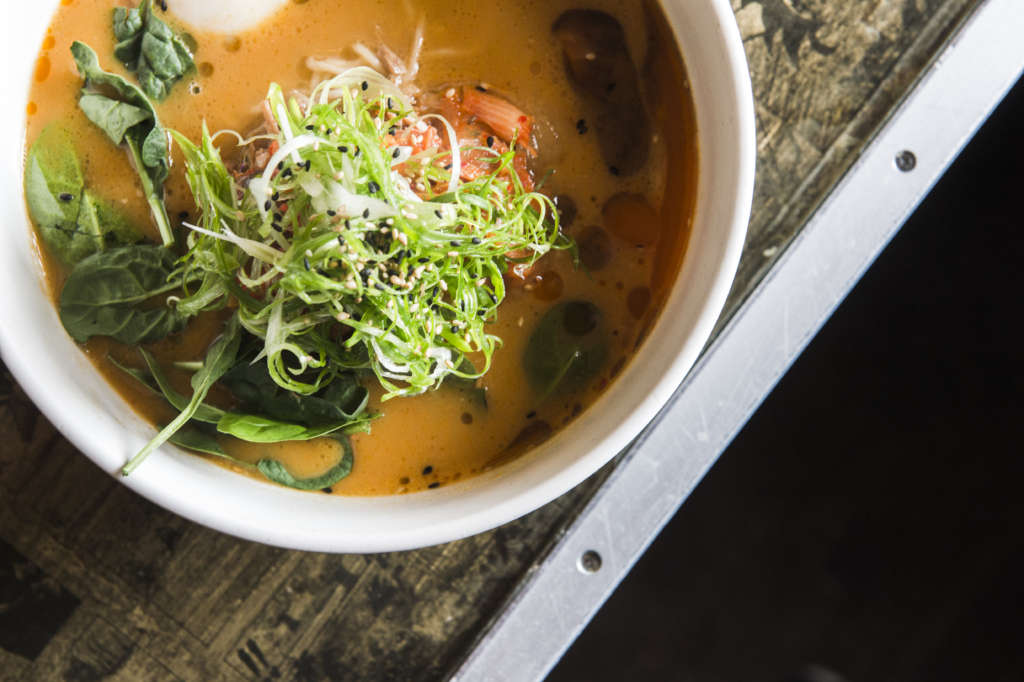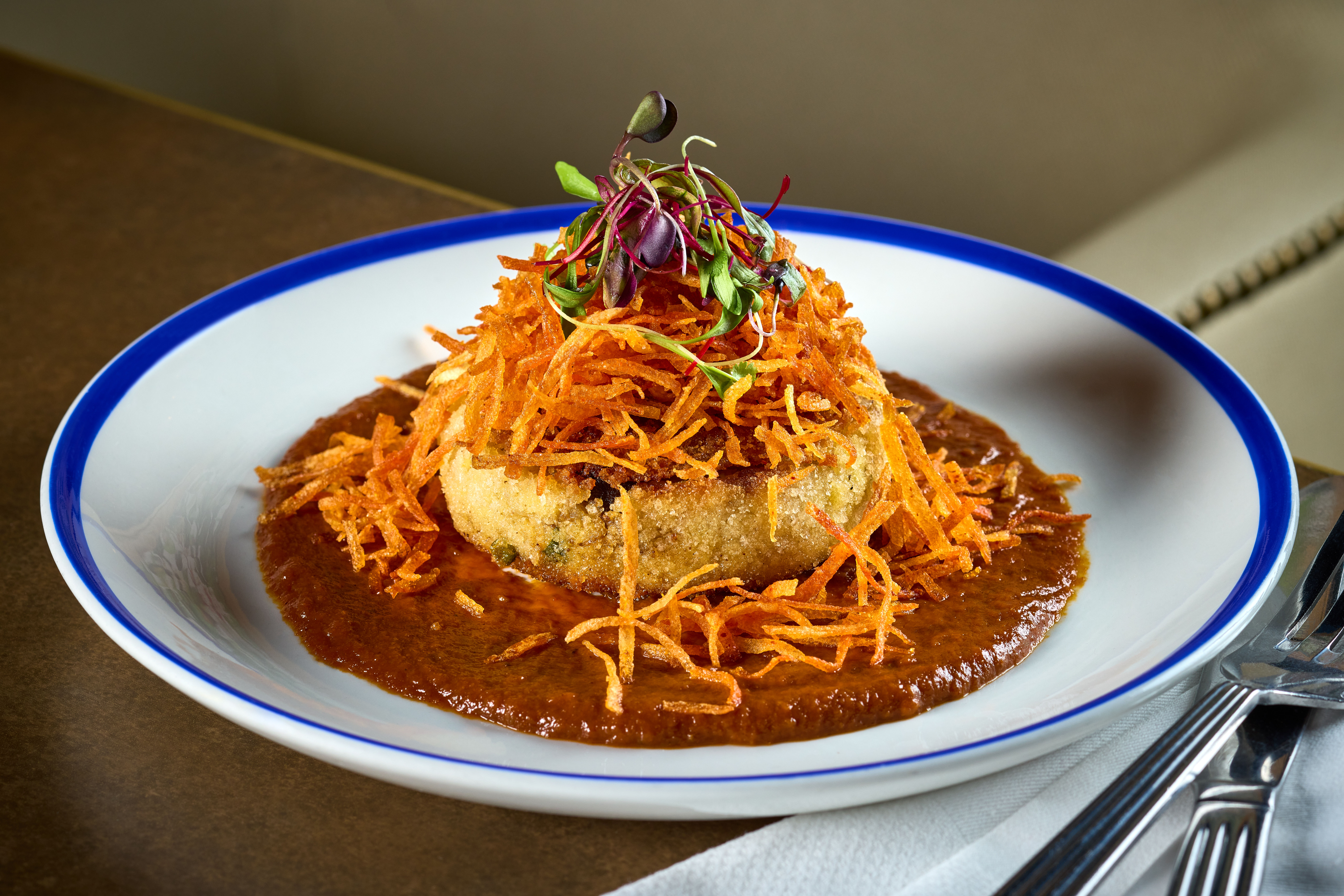WASHINGTON — Monday through Saturday, the kitchen inside Toki Underground stays busy cranking out platters of steamed buns and bowls of piping hot ramen for diners who manage to snag one of the 20-or-so coveted seats inside the tiny restaurant.
But on Sunday mornings, staff at the H Street restaurant take a break from the fast-paced pressures of the service industry to focus their attention on another challenge: learning English.
For the last month, Toki Underground has been offering English classes to its Spanish-speaking employees. According to the U.S. Bureau of Labor and Statistics, American restaurants employed about 9 million people in 2015 — 25 percent were Hispanic or Latino.
Toki Underground general manager Olivier Caillabet estimates about 86 percent of his back-of-house employees are native Spanish speakers. The restaurant’s new English program is all about creating professional growth opportunities for these employees.
“Some of our staff, they really wanted to learn English, and that was a significant barrier to upward momentum within the company,” he said.
“These men and women are the backbone for our restaurant, for our kitchen and, I think, for much of the industry across the U.S. We couldn’t do it without them, you know? … There’s an opportunity here to develop some of these men and women in the back of house and really just kind of invest in them.”

The Sunday morning English classes, taught at the restaurant by volunteers at Reading Partners, attract about 50 percent of the staff, and lessons are specifically geared toward the kitchen and its demands. Because of this, Caillabet says the new program is also good for the restaurant’s business.
“Toki is a very, very busy restaurant. It’s quite loud, it’s a very small place, so when we’re very busy, we’ve got lots going on. It’s important that communication is very clean and clear. When something is poorly communicated or miscommunicated, it can really throw a spanner in the works and slow down things and affect service,” he said.
Even though the classes are free and a monetary incentive is offered (employees are paid their hourly salary for their participation), there are still some obstacles interested staff must overcome. For instance, several don’t have a break from work, even on Sundays when Toki Underground is closed.

“Many of [our employees] work long hours for lower wages — $11, $12 an hour. A lot of times, they’re also working two jobs just to get by, six, seven days a week. Getting up early on a Sunday morning to do English class when you’re already working so many hours during the week, it’s a big demand,” Caillabet said.
A handful of restaurants in the industry have offered similar programs, including Toki Underground’s H Street neighbor, Sally’s Middle Name. Caillabet says his program is still in the pilot phase, but he would eventually like to see it expand to include other industry employees interested in learning English.
“I think it would be really awesome if we could develop that into something after,” he added.







